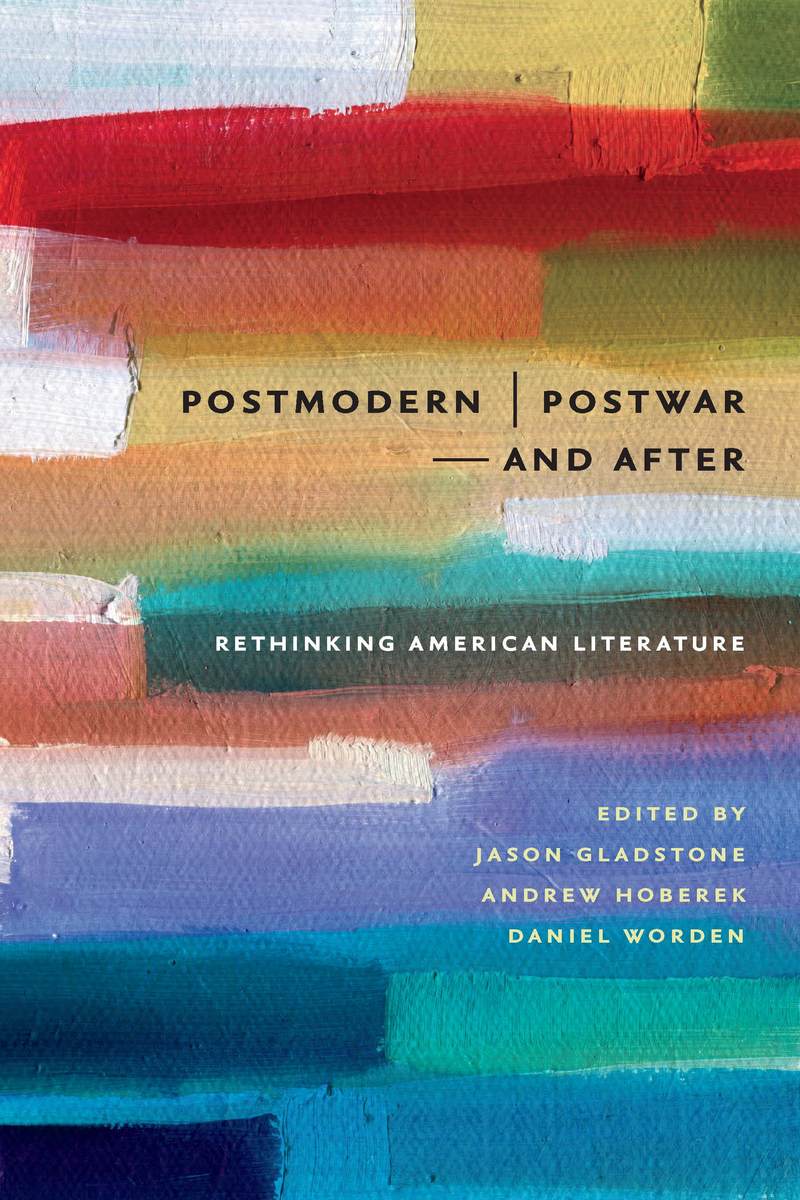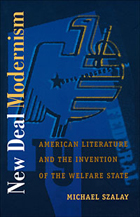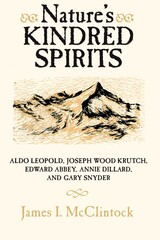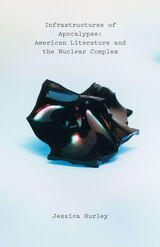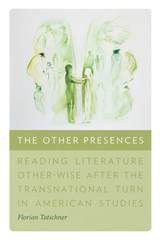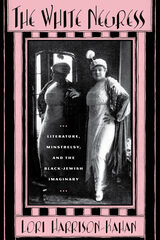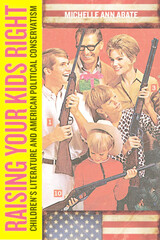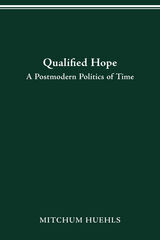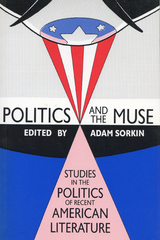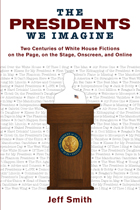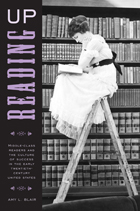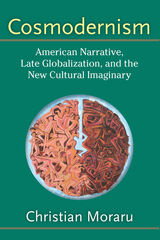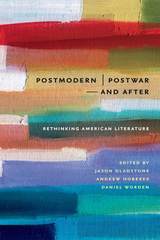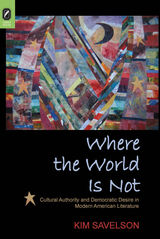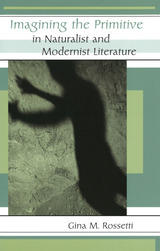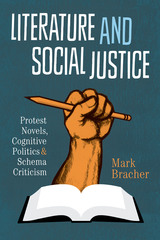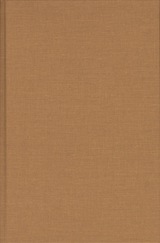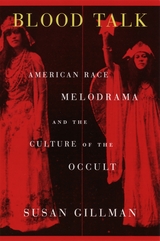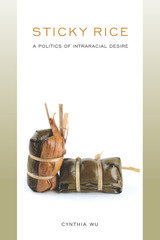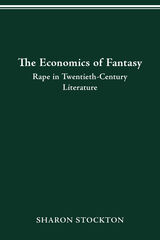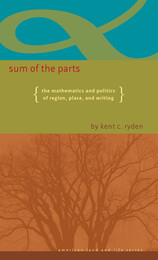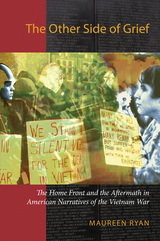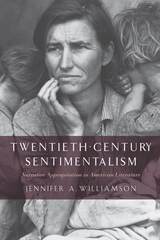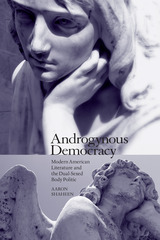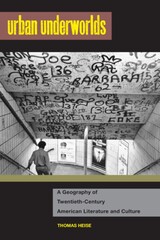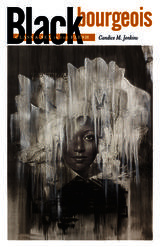Postmodern/Postwar and After: Rethinking American Literature
University of Iowa Press, 2016
Paper: 978-1-60938-427-2 | eISBN: 978-1-60938-428-9
Library of Congress Classification PS228.P68P64 2016
Dewey Decimal Classification 810.9113
Paper: 978-1-60938-427-2 | eISBN: 978-1-60938-428-9
Library of Congress Classification PS228.P68P64 2016
Dewey Decimal Classification 810.9113
ABOUT THIS BOOK | AUTHOR BIOGRAPHY | REVIEWS | TOC | REQUEST ACCESSIBLE FILE
ABOUT THIS BOOK
Within the past ten years, the field of contemporary American literary studies has changed significantly. Following the turn of the twenty-first century and mounting doubts about the continued explanatory power of the category of “postmodernism,” new organizations have emerged, book series have been launched, journals have been created, and new methodologies, periodizations, and thematics have redefined the field. Postmodern/Postwar—and After aims to be a field-defining book—a sourcebook for the new and emerging critical terrain—that explores the postmodern/postwar period and what comes after.
The first section of essays returns to the category of the “post-modern” and argues for the usefulness of key concepts and themes from postmodernism to the study of contemporary literature, or reevaluates postmodernism in light of recent developments in the field and historical and economic changes in the late twentieth and early twenty-first centuries. These essays take the contemporary abandonments of postmodernism as an occasion to assess the current states of postmodernity. After that, the essays move to address the critical shift away from postmodernism as a description of the present, and toward a new sense of postmodernism as just one category among many that scholars can use to describe the recent past. The final section looks forward and explores the question of what comes after the postwar/postmodern.
Taken together, these essays from leading and emerging scholars on the state of twenty-first-century literary studies provide a number of frameworks for approaching contemporary literature as influenced by, yet distinct from, postmodernism. The result is an indispensable guide that seeks to represent and understand the major overhauling of postwar American literary studies that is currently underway.
The first section of essays returns to the category of the “post-modern” and argues for the usefulness of key concepts and themes from postmodernism to the study of contemporary literature, or reevaluates postmodernism in light of recent developments in the field and historical and economic changes in the late twentieth and early twenty-first centuries. These essays take the contemporary abandonments of postmodernism as an occasion to assess the current states of postmodernity. After that, the essays move to address the critical shift away from postmodernism as a description of the present, and toward a new sense of postmodernism as just one category among many that scholars can use to describe the recent past. The final section looks forward and explores the question of what comes after the postwar/postmodern.
Taken together, these essays from leading and emerging scholars on the state of twenty-first-century literary studies provide a number of frameworks for approaching contemporary literature as influenced by, yet distinct from, postmodernism. The result is an indispensable guide that seeks to represent and understand the major overhauling of postwar American literary studies that is currently underway.
See other books on: After | American literature | Hoberek, Andrew | Postmodernism (Literature) | Worden, Daniel
See other titles from University of Iowa Press
